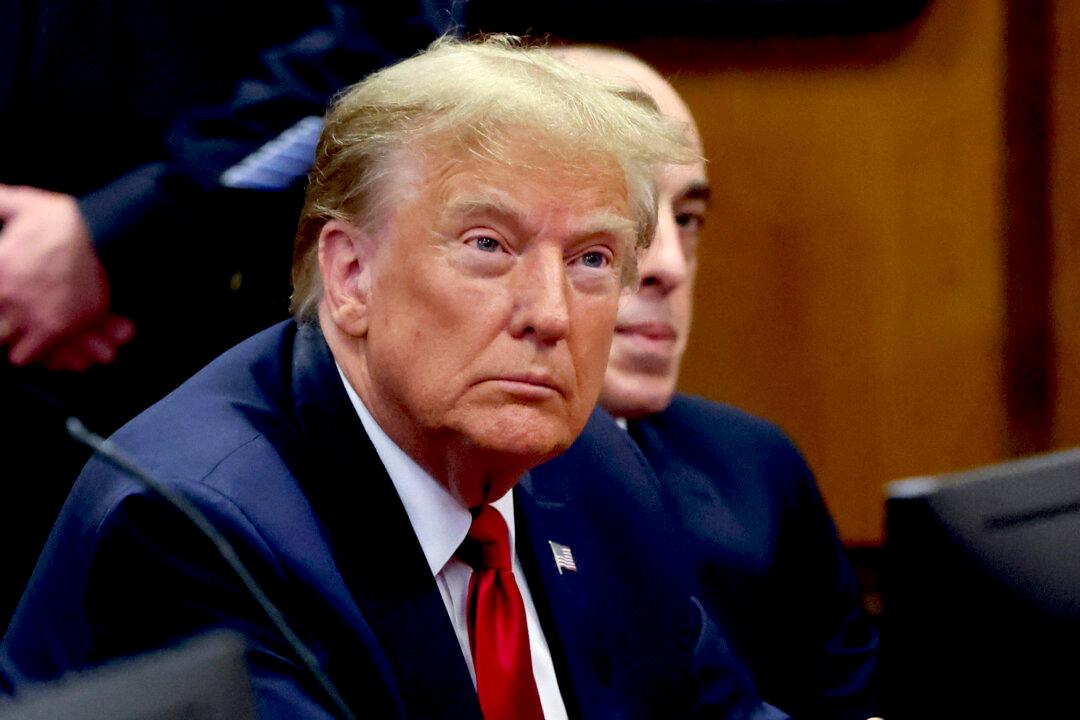Twenty-two state attorneys general have joined an amicus brief asking the Supreme Court to accept former President Donald Trump’s appeal of a decision rejecting his presidential immunity claims in Washington.
The Feb. 16 brief targeted the speed at which special counsel Jack Smith and lower courts had moved on President Trump’s Jan. 6-related case. President Trump similarly described the U.S. Court of Appeals for the DC Circuit’s decision as “extraordinarily fast” while noting that his legal team only had four business days to file an appeal with the Supreme Court.





